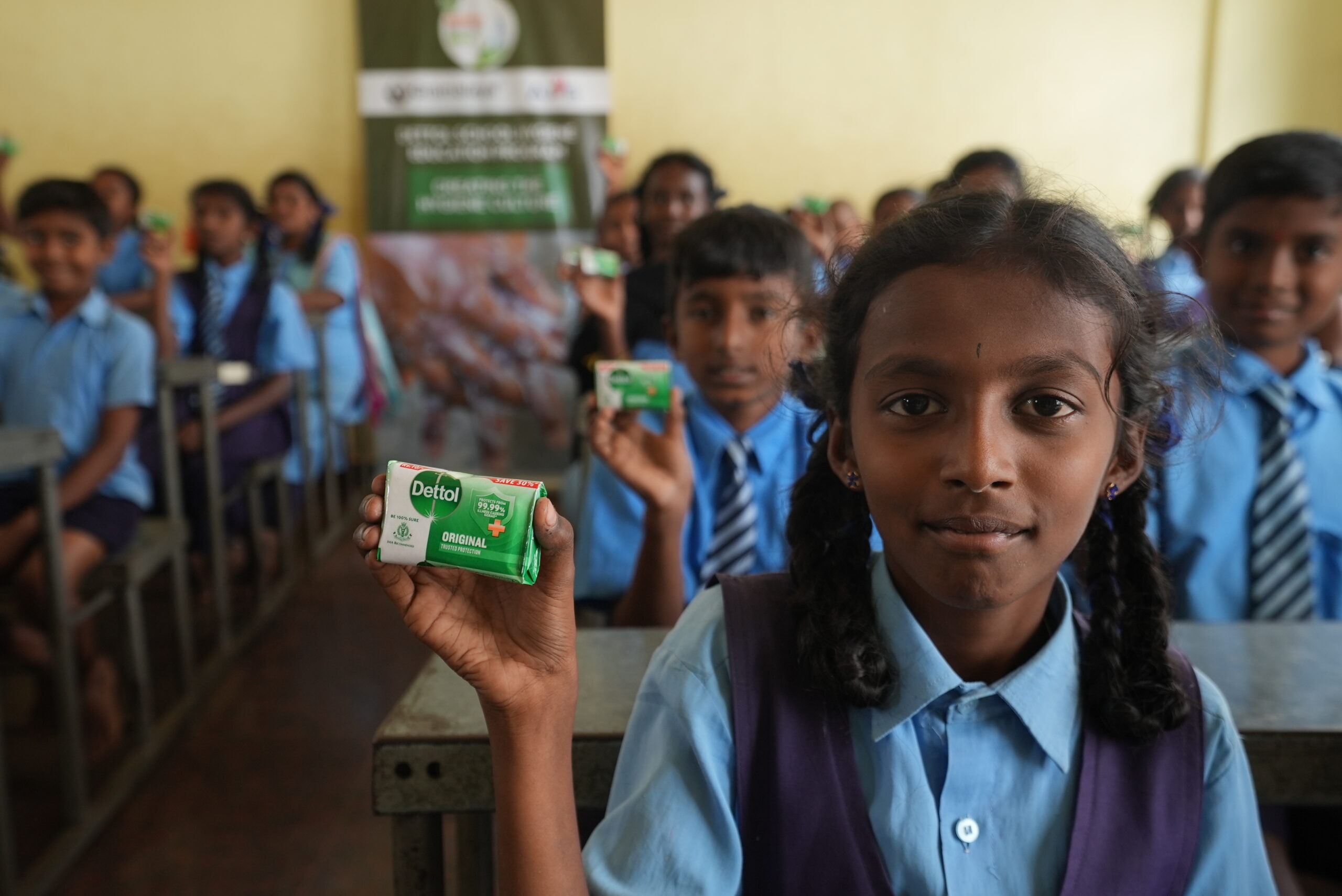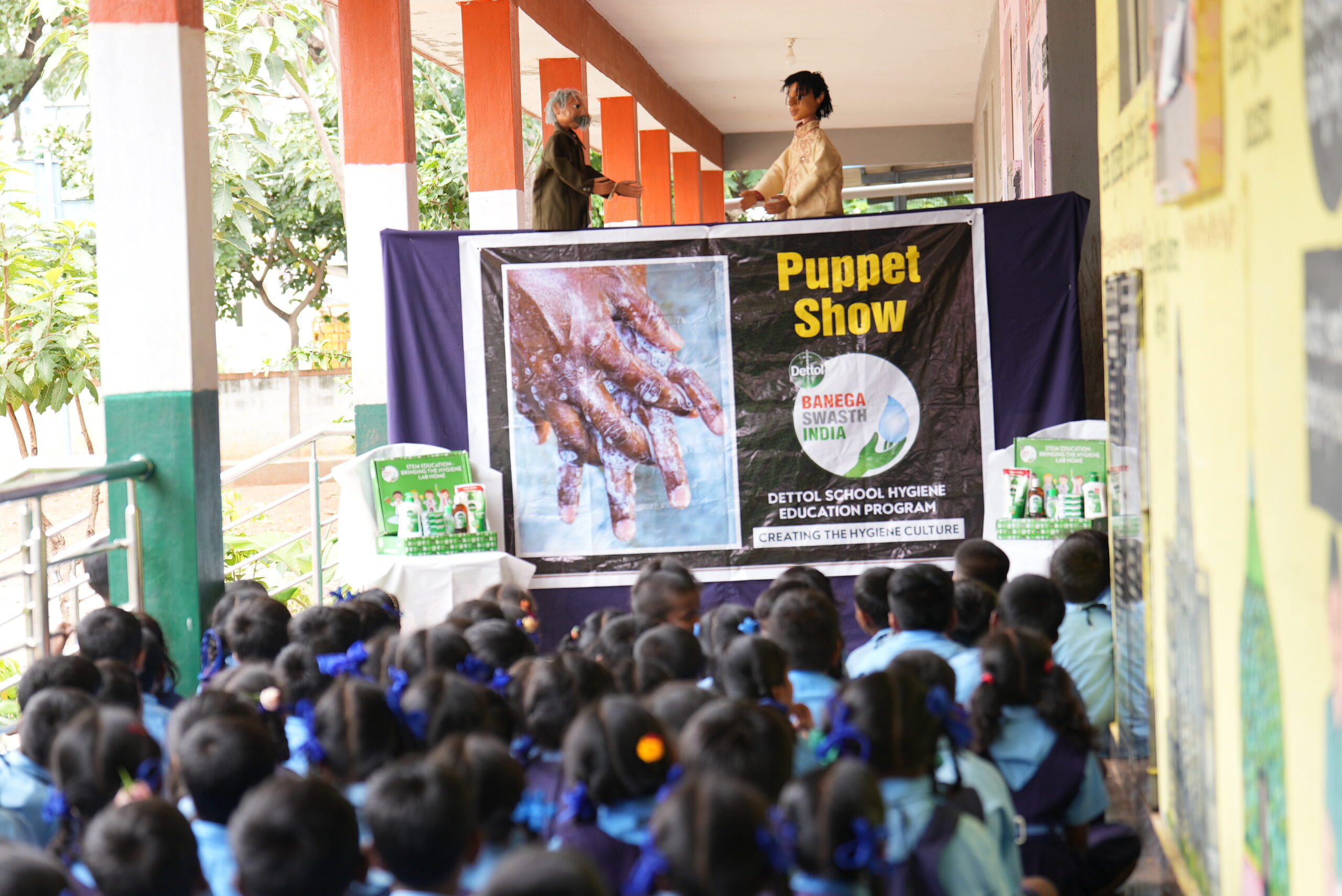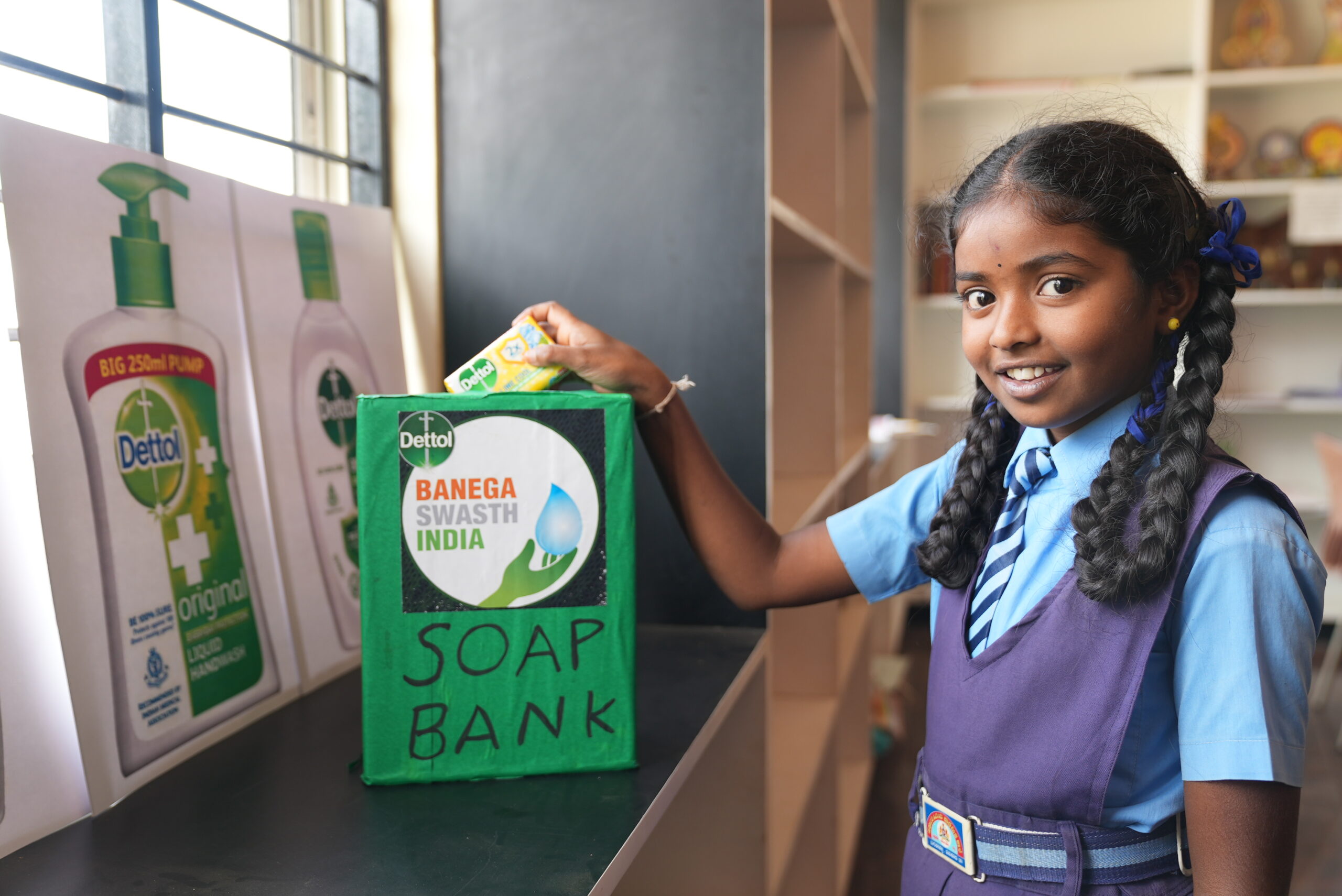
The Dettol School Hygiene Education Program in Odisha, India, aims to foster a culture of hygiene among children and position them as change agents within their schools and communities. The project targets 10 districts in Odisha and is supported by Reckitt under the broader initiative “Dettol Banega Swasth India,” which aligns with the Swachh Bharat Mission to promote hygiene education and practices, particularly handwashing.
Project Districts
The Dettol School Hygiene Education Programme is implemented across several districts in Odisha, aiming to instill healthy hygiene habits in children and reduce school absenteeism. The districts covered by the project include: Bargarh, Balangir, Boudh, Nuapada, Koraput, Rayagada, Keonjhar, Sambalpur, Sonepur, Puri
Program Components
Comprehensive Hygiene Education: The program covers various aspects of hygiene, including personal hygiene, hygiene at home, school, neighborhood, and during illness. It employs a comprehensive approach to instill best practices of hygiene and sanitation among children.
Curriculum Integration: Integrated with the National Curriculum Framework, the program features a distinctive curriculum that includes a Teacher’s Curriculum Manual, Student Workbooks, interactive games, puzzles, and 32 animated short videos. These resources are designed to make learning about hygiene engaging and effective.
Behavior Change Communication (BCC) Kit: The BCC Kit comprises teacher curriculum manuals, student workbooks, hygiene buddy kits, short videos, hygiene corners, banners, posters, and provisions for wall paintings, all aimed at reinforcing hygiene messages.
Focus on Handwashing: Emphasizing the importance of handwashing with soap, the program aims to reduce the incidence of diarrhoea, which is a significant cause of child mortality worldwide according to the World Health Organization (WHO).
Impact and Reach: The program has educated and inspired 6,178 school children across 3 of the 10 targeted districts of Odisha. It has achieved notable success in minimizing school absenteeism due to illness and fostering a sustainable culture of hygiene.
Engagement and Participation: The initiative encourages enthusiastic participation and engagement from students, teachers, and stakeholders, ensuring that hygiene education is a collaborative effort.
The Program Approach
Teaching Children about Hygiene Can Be Fun
Good hygiene is fundamental for our health. Here’s how to make it fun for kids and create a healthy habit:
Hand Washing Importance:
- Hands are major carriers of germs, especially for children who play and explore.
- Washing hands with warm water and soap helps protect against sickness.
Techniques to Make Hand Washing Fun:
- Hand Washing Chart:
- Create a chart with key times for washing hands (before meals, after the toilet, after playing outside, after school, after petting animals).
- Children can tick off their accomplishments as a visual reward.
- Sing a Song:
- Teach children to wash hands for 20 seconds by singing their favorite song.
- This helps them know they’ve washed long enough and can be done anywhere.
- Child-Friendly Setup:
- Create a personalized washing station at home with a stool and Antibacterial soap.
- Let children choose their own supplies, like a special towel, to take pride in their hygiene routine.
- Introduce different soap bars and variants to keep the routine interesting.

Key interventions
- Hygiene Buddy Kits: These kits promote experiential learning and STEM thinking through activities like “Soapy Play Dough” and “Learning How Germs Spread,” supported by Neuro-Linguistic Programming (NLP).
- Comic Books: Utilizing beloved characters like Chacha Chaudhary and Sabu to teach the science of hygiene, engaging children in a familiar and enjoyable way.
- Dettol Hygiene Play Parks: These parks use play pedagogy to drive behavior change, making hygiene learning fun and environmentally friendly.
- Hygiene Corners: Established in schools, these corners are equipped with essential hygiene materials, posters, workbooks, and first-aid kits to constantly reinforce hygiene practices.
Impact
The Dettol School Hygiene Education Programme, part of Reckitt’s broader initiative “Dettol Banega Swasth India,” has impacted school hygiene practices and reduced absenteeism in Odisha. This programme, launched in 10 districts of Odisha aims to instill healthy habits like handwashing at an early age, has transformed hygiene understanding and practice among children through innovative methods.
Launched in 2024 in 45 schools in Odisha, the program has grown significantly, embedding hygiene knowledge deeply within the cultural practices of the communities involved.
The program’s impact includes:
- 100 Teachers trained on hygiene curriculum during onsite at school.
- 6178 Students identified as change agents
- 45 Schools reached through the project activities
- 45 Child cabinets formed to maintain hygiene and sanitation
- 5 Schools qualified for Swachh Vidhyalaya Puraskar
- 10 Schools developed as model schools with hygiene corners that display messages on hygiene practices
- 100 Teachers honoured for supporting school hygiene education program

